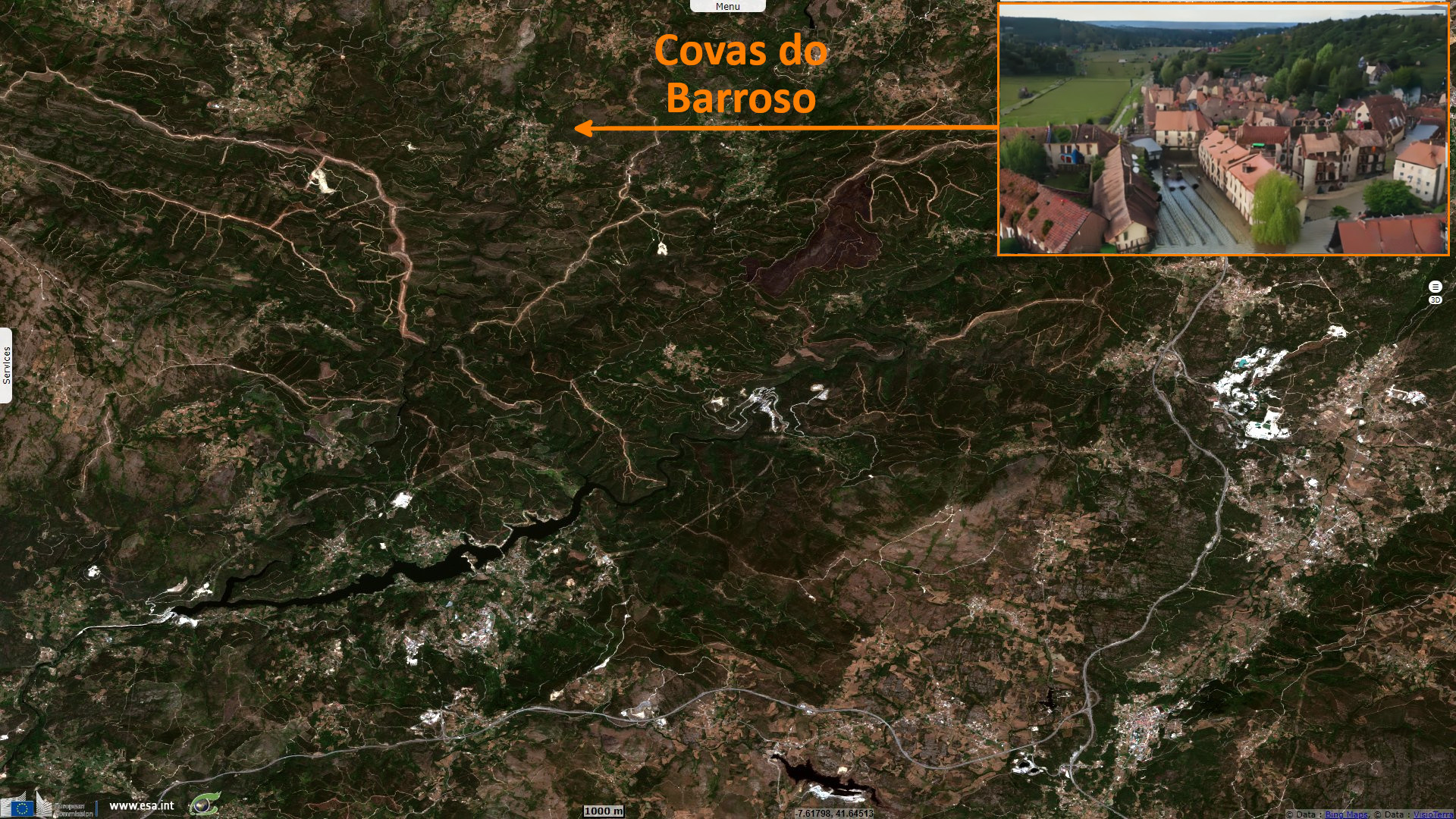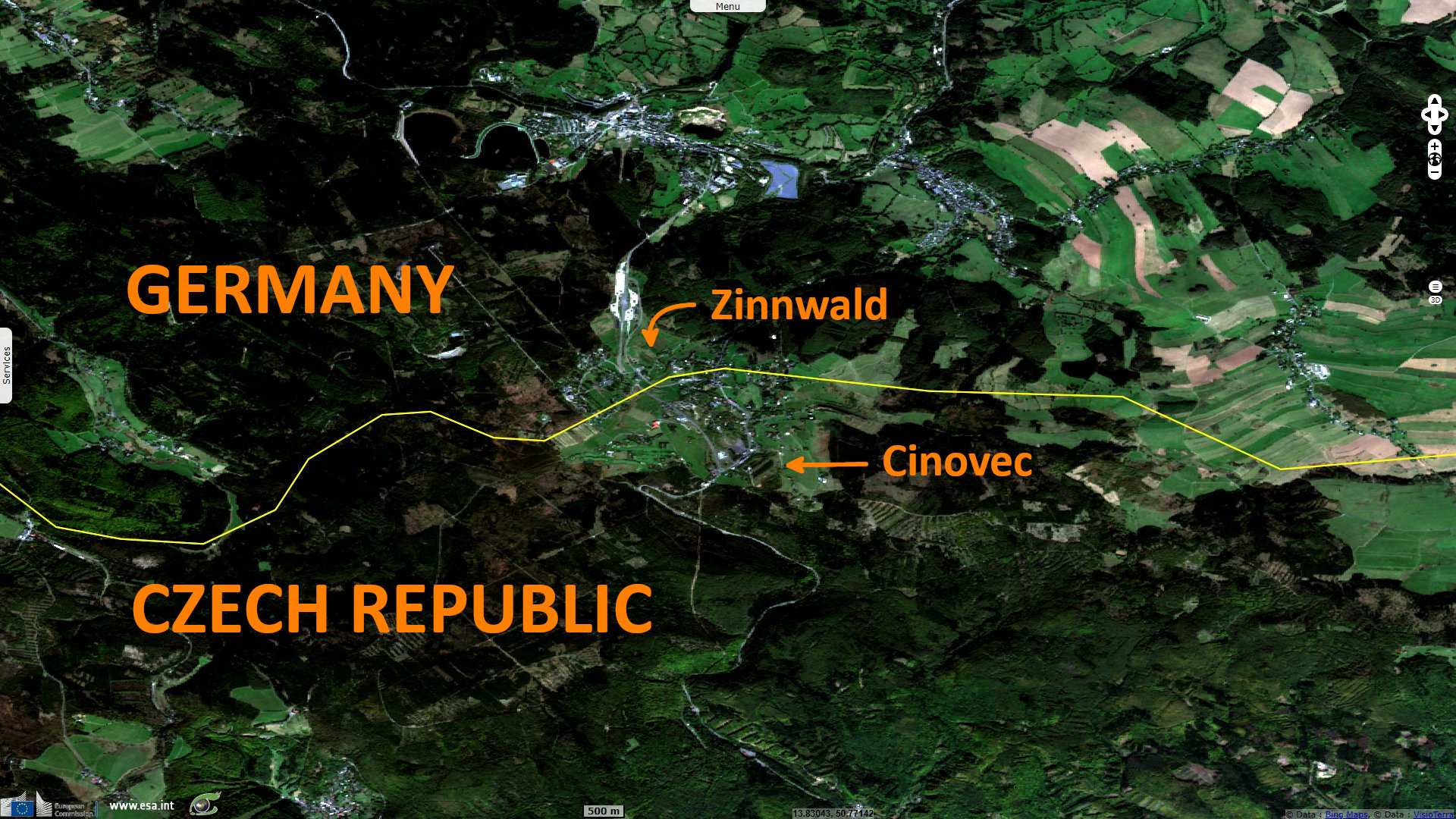Discords regarding potential lithium sources in Europe
Sentinel-2 MSI acquired on 10 October 2021 at 10:09:41 UTC
Sentinel-2 MSI acquired on 18 February 2022 at 09:40:41 UTC
Sentinel-2 MSI acquired on 23 July 2022 at 11:21:19 UTC
Sentinel-2 MSI acquired on 09 October 2022 at 10:38:39 UTC
Sentinel-2 MSI acquired on 18 February 2022 at 09:40:41 UTC
Sentinel-2 MSI acquired on 23 July 2022 at 11:21:19 UTC
Sentinel-2 MSI acquired on 09 October 2022 at 10:38:39 UTC
Keyword(s): Land, mine, natural ressources, climate change, power, pollution, Serbia, France, Portugal, Germany, Czech Republic
The potential of the Beauvoir site is estimated at between 375 000-1 000 000 tonnes of lithium, the largest in France. Another project is under study at Lauterbourg, Alsace. In another project in Tréguennec village, Britanny, more than 600 people protested against lithium mining.
As more potential lithium sources are studied, Europe-sourced batteries may accelerate the conversion from fuel-powered to electric cars. As many of these projects are contested, several issues are raised: Some prefer importing lithium to externalize land degradation at the cost of strategic autonomy and commercial balance. Other tackle the question of switching over 1 billion thermal vehicles to electric equivalent without changing the use. Finally, coal-, oil- or gas-produced energy used to power these cars would still emit greenhouse gas these cars are supposed to avoid.
According to the mayor of Boticas municipality, 95% of the local population have rejected plans for the lithium mine.






